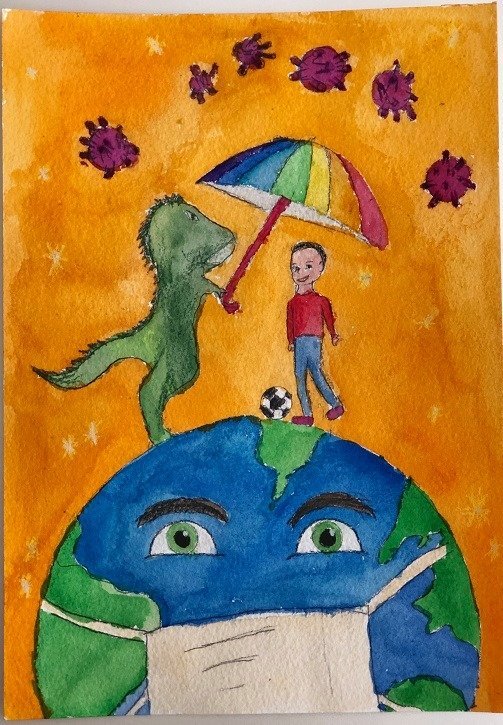
For humanity’s safety and health reasons, to prevent the infection of the CoronaVirus, we are required to extensively use face masks for the past few years. Medical staff are also obligated to use a lot of medical equipment that uses plastic. On the other hand, plastic is a material that could never really degrade, and when reaching the ocean, plastic can harm marine beings and therefore harm the ecosystem. Currently, Fava (2022) states that plastic waste is responsible for 80% of marine pollution. Despite the risks and consequences of plastic usage, Guo, Zhang, Qu, Li, Zhang, Yang, Zhang, and Tan (2021) states that plastic is really popular due to it’s low cost, excellent applicability, and easy to manufacture in mass production.
One interesting example of how repurposing can solve the problem is by repurposing the mask waste for clean water production. Guo, Zhang, Qu, Li, Zhang, Yang, Zhang, and Tan (2021) found that scientists could use masks as a candidate material for constructing photothermal evaporator, which creates clean water that benefits water plants to grow.
Actually, repurposing isn’t necessarily only applied in huge and complex projects. We too can take part and repurpose our stuff in everyday lives. For example, we can create a pen holder from a used phonebook. We can create grocery bags from our old t-shirts or pet food bags. The possibility is really endless, and with some sprinkles of creativity, you can repurpose anything as far as your mind takes you to. Imagine if each and every one of us adapted this new lifestyle of repurposing consistently, it definitely counts! When you do simple things with a huge heart, our little efforts do matter.
2022
Maria Hanna Christina Uranus